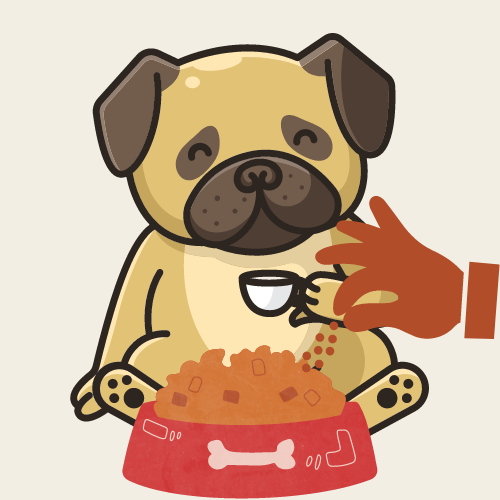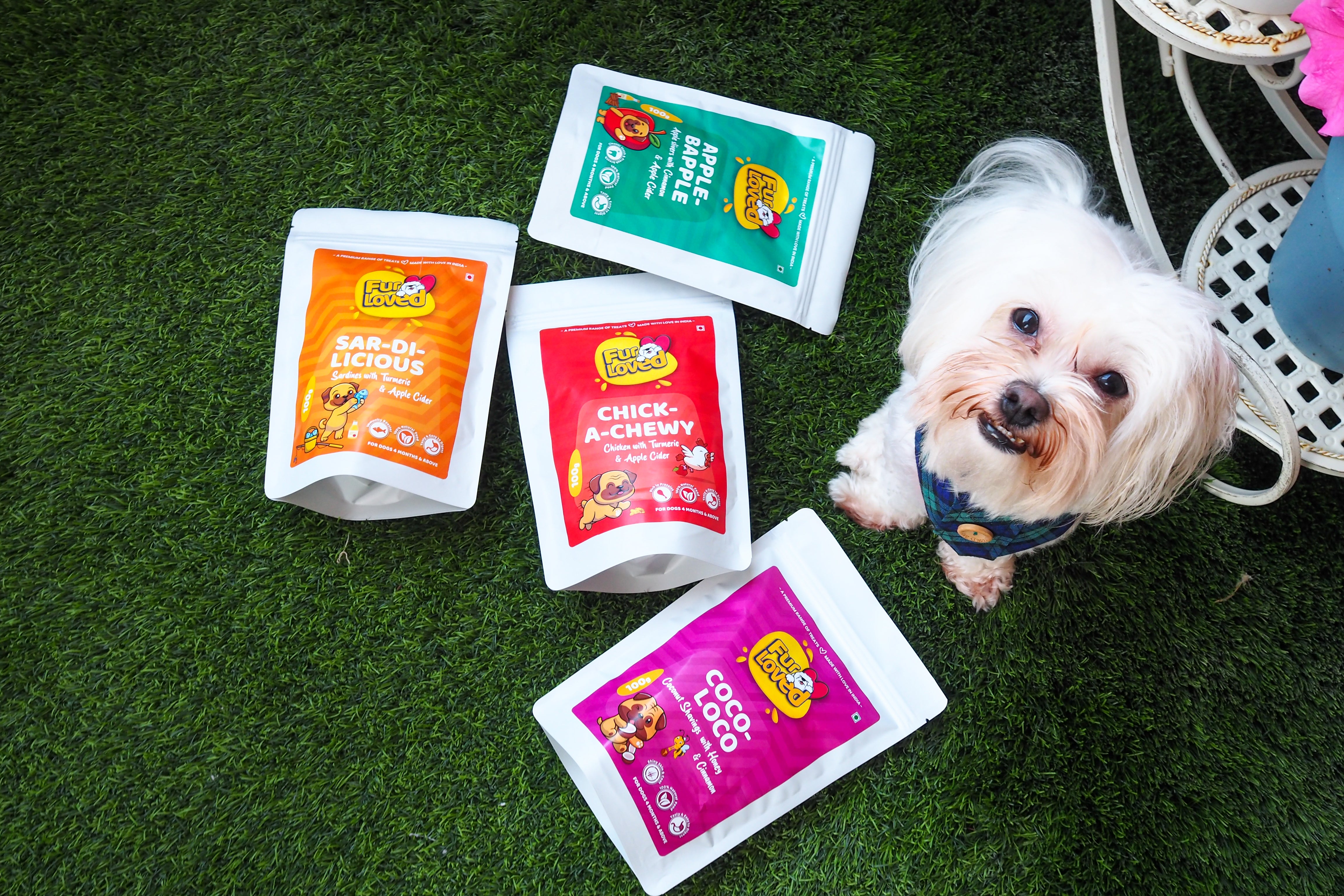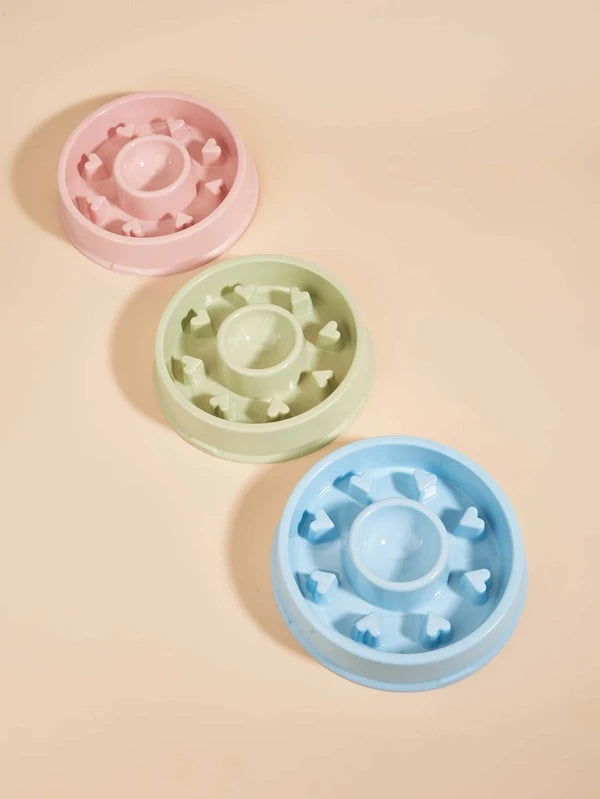Can Dogs Eat Millets? | The Benefits and how to cook Millets
Millet is gaining attention as a healthy grain alternative for humans, but can dogs eat millet? The short answer is yes, dogs can eat millet in moderation, and it can even provide a number of health benefits when prepared correctly. This grain has been part of human diets for centuries and has started making its way into the pet food world as well.
What is Millet?
Millet is a group of small-seeded grasses that are widely cultivated as cereal crops or grains. It’s gluten-free, easy to digest, and full of nutrients like fiber, magnesium, and antioxidants. You might come across different types of millet, such as pearl millet, foxtail millet, and finger millet, each offering its own unique nutritional value.
Millet Varieties for Dogs
There are several types of millet, and all of them can be beneficial for your dog in different ways:
- Pearl Millet for Dogs: Rich in protein and easy to digest, pearl millet is a great choice for dogs with sensitive stomachs.
- Foxtail Millet for Dogs: Known for its high fiber content, foxtail millet can aid in digestion and prevent constipation.
- Finger Millet for Dogs: Often included in dog food recipes, finger millet provides a good amount of calcium, which is beneficial for bone health, particularly in growing puppies and senior dogs.
Is Pearl Millet Good for Dogs?
Yes, pearl millet is a safe and nutritious option for dogs. This grain is often included in high-quality dog foods because it offers a high level of digestible energy and a good amount of protein. Pearl millet can also be part of a lamb and millet dog food diet for dogs that require novel protein sources.
Benefits of Millet for Dogs
Millet is not only safe for dogs but also highly nutritious when served in moderation. Here are some key benefits:
1. Rich in Nutrients: Millet is packed with vitamins and minerals like magnesium, phosphorus, and B-vitamins, which contribute to your dog's overall health. It also contains high amounts of fiber, which can aid in digestion and promote a healthy gut.
2. Gluten-Free: For dogs with gluten sensitivity, millet is an excellent alternative to traditional grains like wheat. Millet for dogs provides all the goodness of grains without the risk of gluten-related issues, making it a safer choice for dogs with gluten intolerance.
3. High in Protein: Did you know that pearl millet has one of the highest protein contents among grains? This makes it a great source of plant-based protein, particularly for dogs that may be sensitive to common protein sources like chicken.
4. Supports Heart Health: The magnesium in millet can promote cardiovascular health by regulating blood pressure levels. This benefit extends to dogs as well, ensuring that their heart stays strong and healthy.
5. Helps Maintain Energy Levels: Thanks to its high carbohydrate content, millet provides a sustained release of energy, keeping your dog active throughout the day. If you have an energetic dog, millet can be an ideal addition to their diet.
Risks of Millet for Dogs
While millet has many benefits, it’s important to consider some potential risks when feeding it to your dog.
1. Excessive Carbohydrates
Millet is a carbohydrate-heavy food. Overfeeding your dog millet can lead to weight gain and obesity, particularly if your dog isn’t very active. It's essential to balance millet with other sources of protein and fat to maintain a balanced diet.
2. Potential Allergies
Although rare, some dogs may have allergies or sensitivities to certain grains, including millet. If you notice symptoms like itching, digestive upset, or changes in behavior after introducing millet, it's best to consult with your veterinarian.
3. Incomplete Protein
While millet is high in protein, it is not a complete protein source. This means that it doesn’t contain all of the essential amino acids your dog needs for muscle repair and growth. It’s important to include other protein sources, such as meat or eggs, in your dog’s diet alongside millet.
How to Serve Millet to Dogs
Millet can be served in several ways, making it a versatile addition to your dog’s meals. Here’s how you can prepare millet for your furry friend:
1. Cooked Millet: Cooking millet is the easiest way to serve it to your dog. Simply boil it in water until it becomes soft and fluffy. You can mix the cooked millet with your dog’s regular food or serve it on its own as a treat.
2. Millet Dog Biscuits: If you're into DIY, you can make homemade millet dog treats by mixing cooked millet with other dog-safe ingredients like pumpkin or peanut butter. Bake them until crispy for a crunchy snack your dog will love.
3. Millet as a Meal Topper: If your dog is used to kibble or wet food, sprinkle a small amount of cooked millet on top of their meal to add variety and nutrition.
Conclusion: Why Choose Furloved's Dog Treats?
At Furloved, we offer 100% natural, preservative-free treats made with the highest quality millet. Our millet-based treats are not only nutritious but also tasty, ensuring your dog enjoys every bite. Whether you're looking for Chicken and millet dog food or simply want to incorporate more grains into your dog’s diet, Furloved has the best options for you.
Millets are an excellent way to support your dog's health by providing essential nutrients like fiber, magnesium, and protein. When combined with other healthy ingredients, millet can be a wonderful part of your dog’s balanced diet. At Furloved, we ensure that all our treats are made with love and care, keeping your dog’s health at the forefront.
Make the switch to Furloved's natural treats today and give your dog the best!











